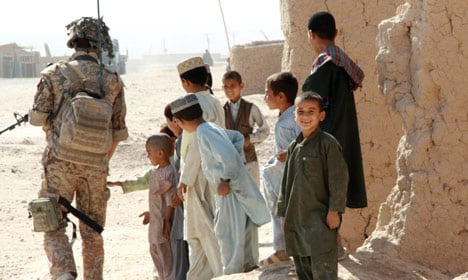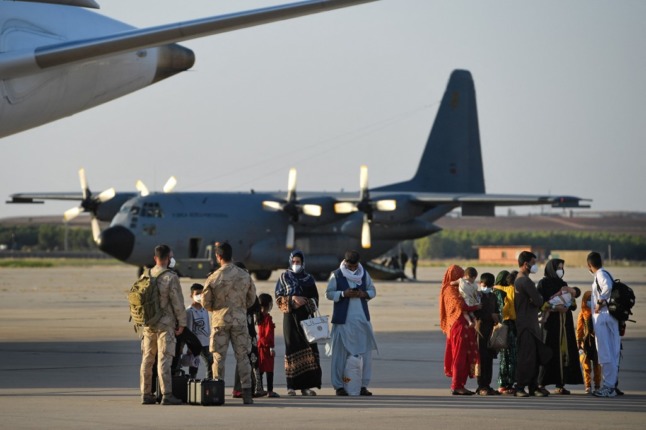AFGHANISTAN
Denmark paid for civilian deaths in Afghanistan
The Danish military systematically provided financial compensation after killing and wounding civilians in Afghanistan, newly obtained documents have revealed.
Published: 11 May 2015 11:47 CEST

The chief of defence said the payments help relations with local communities. Photo: Colourbox
Danish soldiers killed at least 18 civilians during Denmark’s extended military engagement in Afghanistan, Information newspaper reported over the weekend.
Thanks to a freedom of information request, the newspaper obtained documents from Defence Command Denmark (Forsvaret) and the Military Prosecution Service (Forsvarets Auditørkorps) revealing that Denmark systematically paid compensation to the families of civilians killed or injured by Danish troops.
On Monday, Metroxpress published the details of nine such instances of compensation, ranging from a 1,500 kroner ($250) payout to a man struck in the face by a Danish bullet in 2009 to 267,050 kroner ($40,000) paid to survivors after Danish troops killed five civilians, including two children, and injured four in 2010.
In another instance, Denmark paid just 11,500 kroner in compensation for the death of a little girl. The death of a father of eight, meanwhile, resulted in a 55,000 kroner payout.
Chief of Defence Peter Bartram stressed to Metroxpress that the compensation payments were voluntary and not an admission of legal responsibility for the deaths or injuries.
“When there is no judicial compensation responsibility, there can be situations in which one out of a consideration for fairness will take a look at whether there is something to be done that will have a positive effect in the areas in which Danish soldiers are stationed and can help to increase security,” Bartram said.
Captain Mads Silberg, who was responsible for Danish troops’ relations with the civilian population during his time in Afghanistan, said that the payouts were the right thing to do.
“We paid out a lot of compensation. It was only fair because there were a lot of injuries. It’s well known that we fired quite a lot of shots while we were there,” Silberg told Information.
The Defence Ministry declined to reveal the total amount of money paid out by Denmark in compensation for deaths and injuries in Afghanistan.
Denmark first sent troops to Afghanistan in 2002. Its formal military engagement ended in July 2013, but residuals forces remain in the country. The war cost 43 Danish lives and a total of 20 billion kroner ($3 billion).
Url copied to clipboard!


 Please whitelist us to continue reading.
Please whitelist us to continue reading.
Member comments